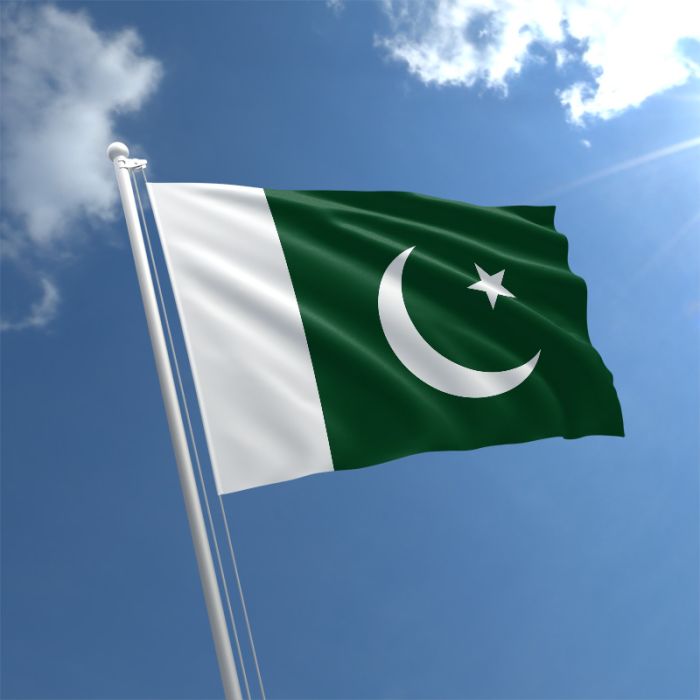history of Pakistan
history of pakistan.
Pakistan, officially known as the Islamic Republic of Pakistan, has a rich and diverse history that spans thousands of years. Located in South Asia, the region that is now Pakistan has been inhabited since ancient times. The Indus Valley Civilization, one of the world's oldest urban settlements, flourished in present-day Pakistan around 2500 BCE. The civilization had well-planned cities, advanced drainage systems, and a developed script. It is considered one of the most significant archaeological sites in the world.
In the centuries that followed, various empires, such as the Mauryan and Gupta empires, ruled over parts of present-day Pakistan. The region also saw the influence of Persian, Greek, and Central Asian cultures due to its strategic location along ancient trade routes.
Islam arrived in the region during the 7th century CE with the Arab conquests. In the 10th century, Muslim rulers, including Mahmud of Ghazni and Muhammad bin Qasim, established their rule over parts of the area. These conquests laid the foundation for the subsequent Muslim rule in the Indian subcontinent.
During the 19th century, the British East India Company gradually expanded its control over the Indian subcontinent, including present-day Pakistan. The Indian Rebellion of 1857, also known as the First War of Independence, had a significant impact on the region, leading to the direct rule of British crown over India.
In the early 20th century, the demand for a separate homeland for Muslims in India gained momentum. Led by Muhammad Ali Jinnah, the All-India Muslim League demanded the creation of a separate nation for Muslims. This led to the partition of India in 1947, resulting in the formation of two independent countries: India and Pakistan. Pakistan comprised two geographically separate regions, East Pakistan (present-day Bangladesh) and West Pakistan (present-day Pakistan).
Since its independence, Pakistan has faced numerous challenges, including political instability, wars with India, and regional conflicts. In 1971, East Pakistan separated from West Pakistan after a civil war, leading to the formation of Bangladesh. Pakistan has also faced tensions with neighboring Afghanistan due to various geopolitical factors, including the Soviet-Afghan War and the rise of Taliban.
Despite these challenges, Pakistan has made significant progress in various fields. It became a nuclear power in 1998, ensuring its security in a volatile region. The country has also made strides in science, technology, and economy. Today, Pakistan is a diverse nation with a rich cultural heritage, home to numerous ethnic groups, languages, and religions.
In conclusion, Pakistan's history is a tapestry woven with ancient civilizations, imperial conquests, the advent of Islam, British colonization, and the struggle for independence. Its journey from being a part of the Indian subcontinent to becoming an independent nation has shaped its identity and character. While the country continues to face challenges, it also possesses immense potential for growth and development, with a resilient population working towards a better future.Pakistan, officially known as the Islamic Republic of Pakistan, has a rich and diverse history that spans thousands of years. Located in South Asia, the region that is now Pakistan has been inhabited since ancient times. The Indus Valley Civilization, one of the world's oldest urban settlements, flourished in present-day Pakistan around 2500 BCE. The civilization had well-planned cities, advanced drainage systems, and a developed script. It is considered one of the most significant archaeological sites in the world.
In the centuries that followed, various empires, such as the Mauryan and Gupta empires, ruled over parts of present-day Pakistan. The region also saw the influence of Persian, Greek, and Central Asian cultures due to its strategic location along ancient trade routes.
Islam arrived in the region during the 7th century CE with the Arab conquests. In the 10th century, Muslim rulers, including Mahmud of Ghazni and Muhammad bin Qasim, established their rule over parts of the area. These conquests laid the foundation for the subsequent Muslim rule in the Indian subcontinent.
During the 19th century, the British East India Company gradually expanded its control over the Indian subcontinent, including present-day Pakistan. The Indian Rebellion of 1857, also known as the First War of Independence, had a significant impact on the region, leading to the direct rule of British crown over India.
Thanks 🙏

Comments
Post a Comment